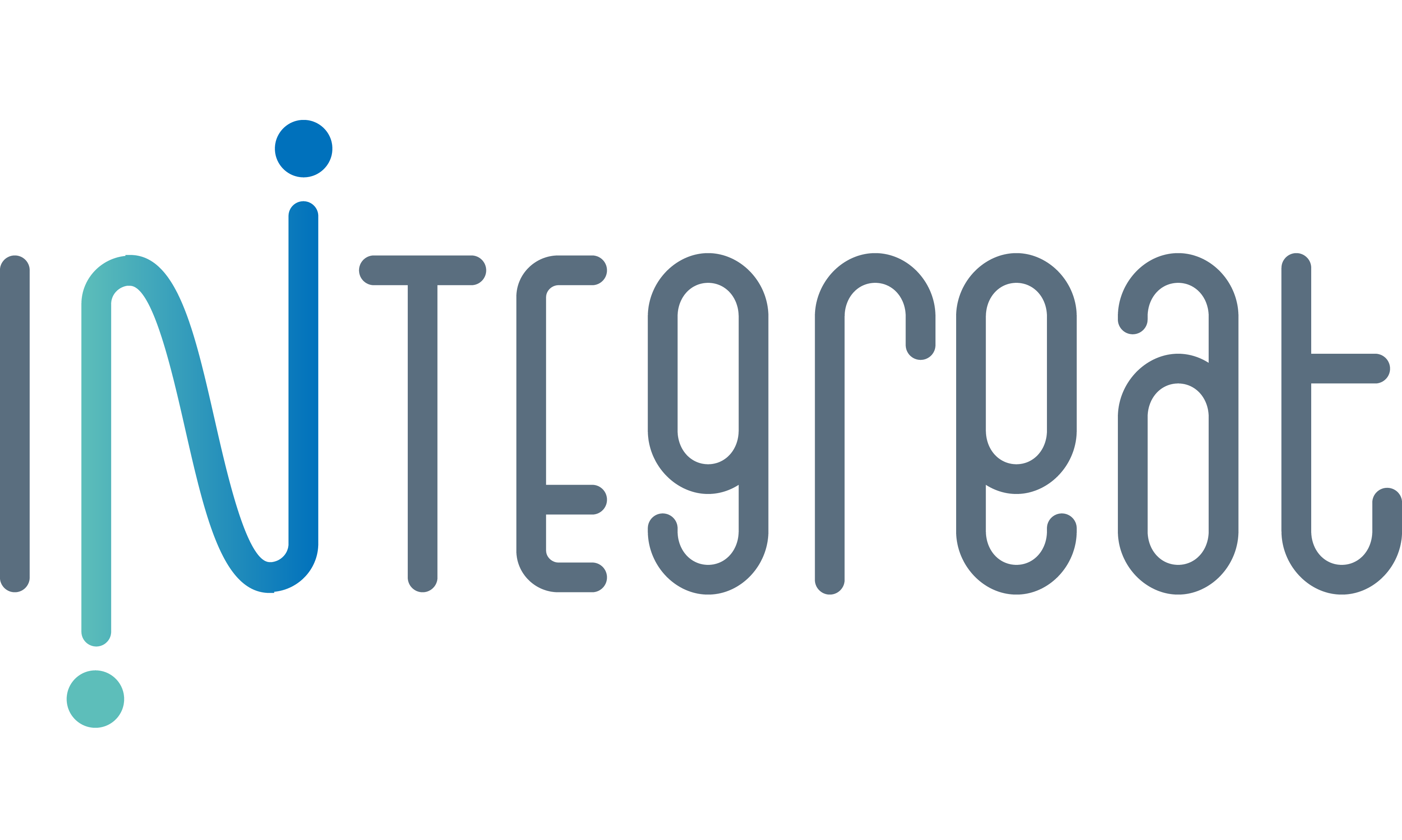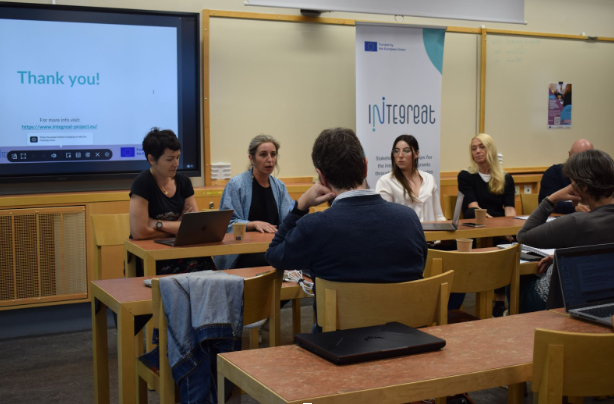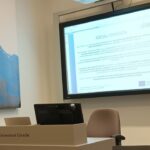“Building Local Communities to Enhance the Integration and Housing of Refugees and Asylum Seekers in Europe”
Written by Social Hackers Academy
The mid-term conference, was held at the University of Gothenburg, Sweden, on June 8, 2023, and was jointly organized by the two EU projects INTEgreat and MERGING, bringing together partners, stakeholders, and experts in the migration, integration and housing sectors to share knowledge and good practices, while promoting collaboration and cross-pollination between the projects.
INTEgreat: Stakeholder Partnerships for the Integration of Migrants
The INTEgreat project focuses on enhancing integration strategies for refugees and asylum seekers in Europe. The first year of the project focused on the analysis of the local contexts (integration policies and practices) in Italy, Spain, Ireland, Cyprus and Greece, which was followed by the creation of the Integration Strategy Framework (ISF) and Guidelines by the University of Bologna and the design of five pilot projects in urban areas according to the ISF. The second year of the project focused on the implementation of five pilot projects in the following cities: Limerick, Varese, Barcelona, Nicosia and Athens. . The project addresses four key aspects of integration: employment, training and capacity building, healthcare, and social cohesion.The pilot activities were co-designed with beneficiaries, ensuring their active involvement and participation. INTEgreat facilitates cross-pollination sessions of the The pilot projects also encouraged cross-pollination, enabling the sharing of knowledge and good practices among partners.
The MERGING Project – Housing for immigrants and community integration in Europe and beyond: Strategies, policies, dwellings, and governance
The MERGING project is an interdisciplinary study of migrant integration through participatory housing initiatives to test an innovative approach aiming to facilitate and ensure the sustainability of refugees’ integration process. MERGING has reviewed existing knowledge, integration policies and initiatives across macro (EU migration policies), meso (regional economic & social systems) and micro (individual practices) levels in which housing occupies a prominent place. This has enabled the project to study the feasibility of participatory pilots in order to implement, test and evaluate them in 3 European countries (Spain, France and Sweden). The project is funded by the European programme H2020 and gathers a Consortium of ten partners across European countries.
The event started with the welcome speech by the coordinators of MERGING and INTEgreat, Catherine Mercier-Suissa and Samantha Caccamo, respectively.
The first presentation by Emanuela Dal Zotto of the University of Bologna focused on the theme:
Innovative integration strategies in the areas of training, employment, healthcare and social cohesion. The findings of the INTEgreat project.
The second presentation by Jordi Giner of the University of Valencia addressed the theme:
The role of housing as a driver for refugees’ integration. The findings of the MERGING project.
The topic of the panel discussion: “The need for a holistic approach to integration. Stakeholder cooperation as a key to successful pilot project implementation”
The panel highlighted the importance of stakeholder cooperation in the successful implementation of pilot projects from both INTEgreat and MERGING. The panel emphasized the need for a holistic approach to integration, where partnerships with local authorities, service providers, and beneficiaries play a crucial role. The engagement of different stakeholders and the sharing of knowledge and experiences were identified as key factors in achieving successful integration outcomes.
During the conference panel discussion Ballafon Social Cooperative (INTEgreat partner) presented the pilot project in Varese, Italy. Unfortunately, it was not possible to present all five pilot projects due to time constraints.
The Italian Pilot Project in Varese by Ballafon
The pilot project in Varese focuses on all the four above-mentioned areas of integration addressed by INTEgreat. Activities include but are not limited to job search support (CV and cover letter creation), Italian language courses, volunteering opportunities, anti-racism campaigns, gatherings for migrant mothers, provision of information on healthcare,tailored meetings with doctors to address different topics such as personal hygiene, dental hygiene etc. and vocational training courses. One of the main challenges encountered to date is low participation rates in Italian language courses which are being addressed by offering incentives to beneficiaries such as certificates and food and beverages.
During the panel discussion the partners of MERGING briefly presented their three pilot projects in Valencia (Spain), Gothenburg (Sweden) and Lyon (France).
The Spanish Pilot Project in València – Caliu Urbà
The Spanish pilot project focuses on improving thel life of migrants within the resident society. Extensive stakeholder engagement was carried out, and specific target groups, such as migrants with rejected applications for international protection, were identified and included in the project. The pilot provides housing and basic necessities, establishes contact with social services, and aims to ensure safe and durable housing inclusion. Challenges related to the project’s sustainability due to political circumstances are being addressed.
The Gothenburg Pilot Project – Floating Houses
In Gothenburg, Sweden, the pilot project tackles the limited accessibility to social housing. A floating house was designed and built as an innovative solution, involving beneficiaries and engaging stakeholders through networking events and workshops. The project aims to improve housing conditions, financial autonomy, and community inclusion for migrants.
The Lyon Pilot Project – Reversible Housing
The Lyon pilot project in France focuses on reversible housing solutions to address the high demand for social housing. Through partnerships with NGOs, refugees were supported in their housing needs, and efforts were made to enhance employability within six months. The project involves meetings and workshops with local stakeholders and activities to foster integration with the local community.
Conclusion
The mid-term conference provided a platform for knowledge exchange, collaboration, and reflection, fostering a collective commitment to creating inclusive and welcoming societies for refugees and asylum seekers. By continuing to prioritize stakeholder cooperation and adopting innovative approaches, we can work towards a future where integration is not only a goal but a reality for all individuals seeking refuge and new beginnings in Europe.
The good practices shared during the mid-term conference can serve as valuable resources for partners and stakeholders involved in integration initiatives. The published guidelines and integration strategies developed by INTEgreat and the MERGING research will contribute to the ongoing efforts to improve the integration of migrants in the European continent.




